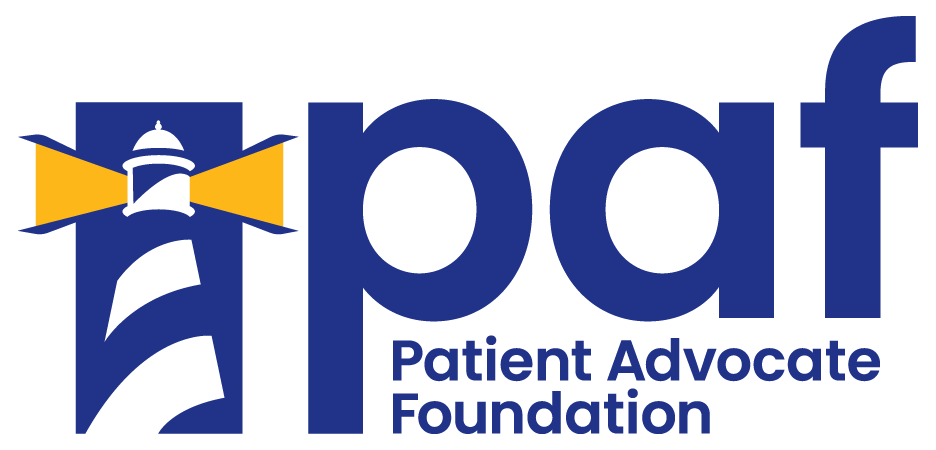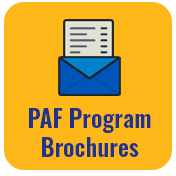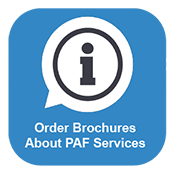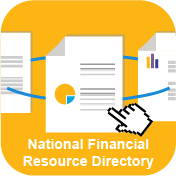Addressing Financial Challenges
Medical bills and out-of-pocket costs can add up quickly. If you have an outstanding bill, take time to speak with the billing representative or financial counselor from each provider’s office. These people are a great source of information about eligibility for affordable payment plans, prompt-pay discounts, or other financial assistance given by that provider.
More tips for talking about costs
-
- Initiate this conversation without assuming they will volunteer the information.
-
- Be sure to investigate your options for all facilities, medical providers and medical services billed, as they each may have separate programs in place.
-
- Be polite and respectful, but also persistent. Call back or follow-up as needed.
-
- Take notes and document conversations and options offered.
-
- Do not ignore medical bills. If you need help, there is information on the back of the bill advising you how to request assistance.
-
- Try to negotiate an affordable payment arrangement but do not agree to something you cannot afford just to avoid being sent to collections. This will ultimately cause more problems.
-
- Look for alternative forms of funding from nonprofit and charity organizations to help offset costs and giving you better opportunity to afford negotiated payments. Help is available for things like housing, utilities, medications, food, transportation needs, childcare during treatment, and more for those that qualify.










